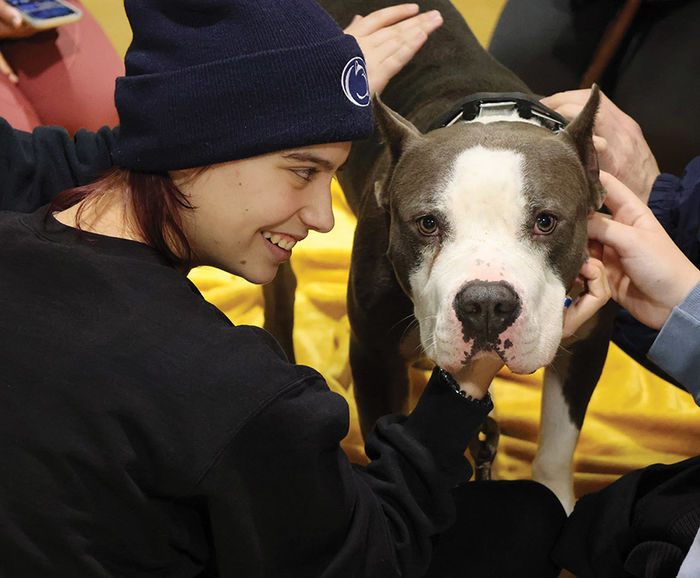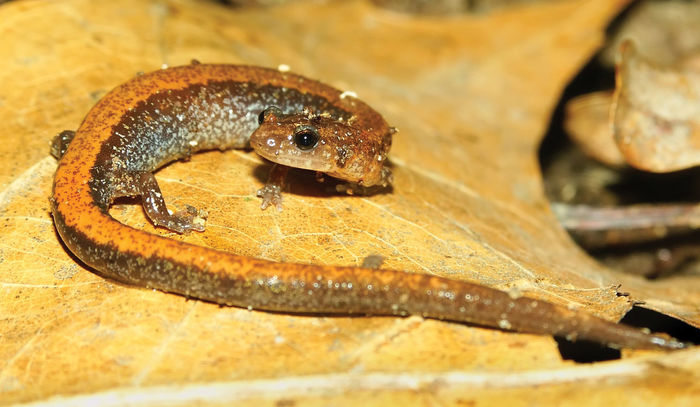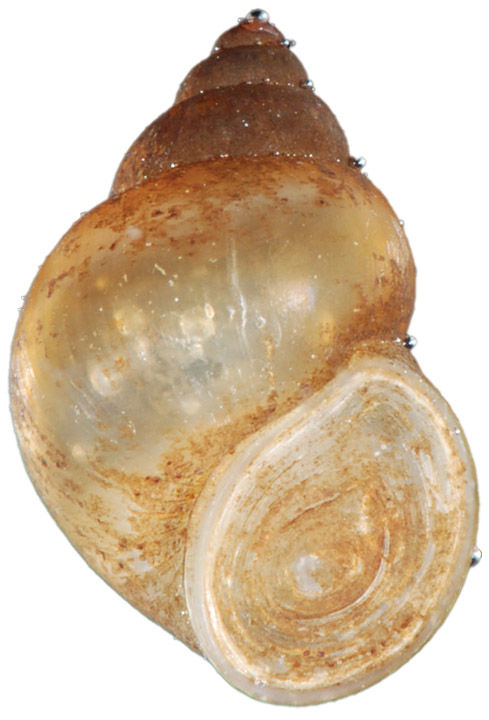Pre-Finals Breather
The last few days before finals are among the most stressful for nearly everyone on campus, from students to faculty to staff. It's often a harrowing rush to the semester finish line.
This past fall, the School of Science hosted a series of events to break the tension. Stress Less in the Science Complex featured three days of opportunities to take a breather with rescue dogs from the Erie Humane Society, dark sky relaxation programming in Yahn Planetarium, and virtual reality experiences, including immersive stress relief exercises, in VAR Edu.
There's nothing like petting a pup to release a few feel-good hormones and bring a smile to the faces of even the most stressed students.
Climate Change is Everyone's Problem.
Penn State Behrend once again participated in the Worldwide Teach-In on Climate and Justice in March. The program, which originated at Bard College, is designed to broaden discussion of climate-related issues, framing them through other disciplines, from psychology and global studies to investing and sustainable engineering.
"Climate change is not just a problem for scientists," said Dr. Sherri "Sam" Mason, director of sustainability at Penn State Behrend and local coordinator of the event, which was staged in fifty countries around the world. "We're all facing this problem, and we can all be part of the solution."
Pathogen Detectors
Students get valuable field experience while helping scientists.
The best way to protect a species from harmful pathogens is to reduce the odds that a pathogen is transmitted. Once one is found, biologists need to act quickly to defend species and ecosystem health. In nature, however, early detection is inherently challenging, requiring geographically broad and ongoing surveillance. That's why some organizations committed to conservation and protection have turned to future scientists for help.
This past fall, students in Dr. Lynne Beaty's Ecology class participated in the Student Network for Amphibian Pathogen Surveillance (SNAPS), a network of students, scientists, and educators working to keep tabs on emerging pathogens in amphibians. An initial focus is on Batrachochytrium salamandrivorans (Bsal), a deadly fungus that has yet to be found in North America, but is currently ravaging salamander populations in parts of Europe. Given the high likelihood that Bsal will come to North America, a global hotspot for salamander diversity, early detection is essential.
Sampling for Bsal is a simple procedure that involves swabbing the skin of amphibians, making it an ideal activity for scientists-in-training. SNAPS provided the supplies and protocols for sampling and biosecurity, and students got hands-on experience. The activities performed for this lab were approved by Penn State's Institutional Animal Care and Use Committee.
Penn State Behrend was one of just two schools in Pennsylvania to participate, and Beaty hopes to continue in future ecology and herpetology classes.
Learn the Science of Wine
Are you interested in food science? Mazza Vineyards in North East, Pennsylvania, is currently hiring for a full-time student co-op or internship experience in enology, the study of wines. The co-op will involve full-time summer/fall or spring/summer employment. Students can earn college credits and gain valuable training while being employed full-time at Mazza Vineyards. Participation in the co-op will result in a Penn State degree and employment experience in enology, fermentation, and the wine industry. For more information, email [email protected].
Faculty & Staff News
New Faculty
Dr. Sayali Phadke was hired as assistant professor of statistics. Dr. Derek Hanely was hired as assistant professor of mathematics. Maarten Van Hees was hired as a lecturer in physics.
Promotions
Dr. Blair Tuttle was promoted to professor of physics.
Honors And Awards
Dr. Lynne Beaty, assistant professor of biology, received the Council of Fellows Excellence in Teaching Award.
Retirements
Dr. Bruce Wittmershaus, associate professor emerita of physics, retired in May 2022.
In Search of Snails
Three Behrend biology faculty members, Dr. Lynne Beaty, Dr. Sam Nutile, and Dr. Adam Simpson, were recently awarded $115,000 from Pennsylvania Sea Grant to study invasive snails at Presque Isle State Park. Their research study is one of six projects addressing aquatic ecosystem and watershed challenges that were awarded a collective $1.07 million through 2024.
"Pennsylvania Sea Grant's competitive research program supports researchers and students investigating critical ecological and economic issues impacting communities and waters across the Commonwealth," said Dr. Sean Rafferty, research director for Pennsylvania Sea Grant. "This research support has the potential to produce solution-based results that contribute to enhanced water quality and natural resource management strategies in Pennsylvania."
According to Beaty, the faculty members' preliminary work has shown that Presque Isle State Park is now home to two invasive freshwater snail species—Bithynia tentaculata and Cipangopaludina chinensis—that may threaten the native ecosystems in a number of ways.
The Pennsylvania Sea Grant College Program, which is administered by Penn State Behrend, is part of a network of thirty-four Sea Grant programs dedicated to the protection and sustainable use of marine and Great Lakes resources.
Save the Date(s)
- Parents, Families and Alumni Weekend is scheduled for September 29 through October 1 at Penn State Behrend. Once again, the School of Science will host a happy hour event just for alumni of the school.
- On April 8, 2024, Erie will be in the path of totality for a solar eclipse. The School of Science anticipates eager eclipse watchers will flock to campus for the event, and the school is making plans to celebrate, educate visitors, and welcome this spotlight on Erie and Behrend.


